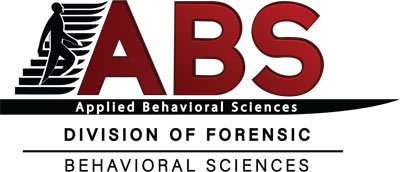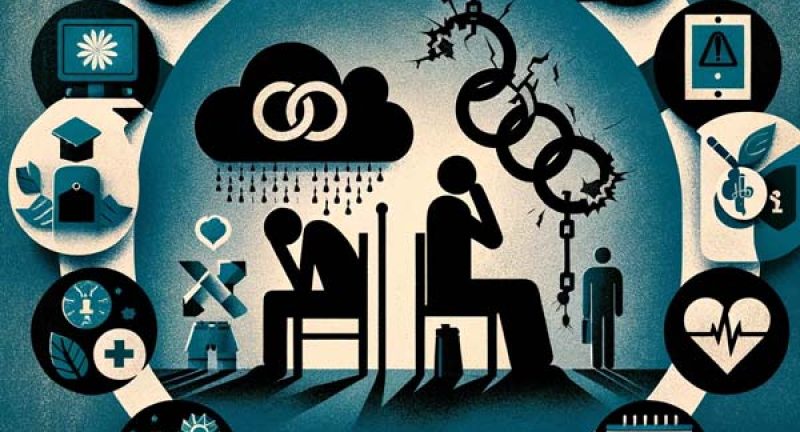
Behind Closed Doors – Confronting the Inner Struggles of Addiction
Caught in its grip, shame and isolation breed an unbearable loneliness, incomprehensible to outsiders.
Addiction casts a wide net in today’s society. Its grasp touches people from all walks of life – the wealthy, the impoverished, the young, the old. Behind closed doors, a silent battle wages within those facing the demons of addiction. In public view, many put on a mask of normalcy to hide their inner turmoil. The stigma surrounding addiction drives many to suffer alone rather than seek support.
The Hidden Reality Behind the Mask
Addiction cleverly hides behind a facade of normalcy. To the outside world, those in the clutches of addiction often appear perfectly fine. They go to work, care for their families, and manage their daily responsibilities. Few would guess the internal chaos and profound struggle hidden under their public mask. Societal norms and expectations make it difficult to address addiction openly. No one wants to be viewed as flawed or somehow less than. So the mask stays in place, hiding the truth of their pain.
Escaping the Stigma
Surrounding addiction drives many to endure their struggles in secrecy and solitude rather than seek support. Judgmental attitudes cultivate an environment of fear that prevents openness. Specifically, individuals with addiction often fear:
- Ridicule or loss of social status from peers
- Professional repercussions such as loss of a job or damaged career prospects
- Inflicting shame upon their families and friends
- Being viewed as flawed, unstable, or somehow defective
- Receiving blame for their condition rather than treatment or help
The threat of condemnation and disgrace carries more perceived risk than the anguish of addiction itself. As a self-preservation reaction, it becomes easier to deny, conceal, rationalize, or minimize an addiction than to risk social and professional fallout from admitting they have a problem.
The Loneliness Within
- Addiction Supplants Human ConnectionAddiction cultivates acute loneliness. As Substance abuse and addiction strengthen their foothold, they often supplant relationships with people. The chemical or behavior becomes their primary coping mechanism, their closest confidant. Human intimacy and vulnerability carry more perceived risk than the reliability of their addiction. With no one to confide in, each day becomes consumed with hiding the truth and pretending everything is fine. This lonely facade eventually takes an extreme mental and emotional toll.
- Shame Perpetuates IsolationDeep shame and guilt also generate reluctance to open up about their struggles. They feel too flawed, too broken to burden others with the horror they perceive within themselves. Every failed attempt at sobriety heightens their sense of shame. This spiraling cycle strengthens the chokehold of isolation and destructive behaviors characteristic of addiction.
The Battle Against Shame
To break addiction’s grasp, we must first disarm the shame that fuels it. Those struggling must reframe addiction as an illness requiring treatment, not a personal failure requiring punishment. They must extend empathy, compassion, and self-forgiveness to themselves as a necessary first step in healing. By recognizing that their brokenness is not defined by their intrinsic worth, space is created to move beyond shame into self-love and acceptance. This new foundation enables building the coping strategies and networks of support vital to overcoming addiction’s ravages.
Seeking Help Behind Closed Doors
Healing begins when conversations come out from behind closed doors. We all have a role to play in fostering safe spaces for people to open up about addiction or mental health struggles. As friends and family members, we can communicate our unconditional support. As colleagues, we can encourage policies that foster openness around addiction and facilitate financial access to assistance programs. As a society, we must advocate for increasing and improving mental health and addiction resources. Healing happens through human connection. By linking arms with compassion as allies against addiction’s isolation, we can help shatter the masks behind which addiction thrives.
Conclusion
The pain of addiction is profound, and it can’t heal in secrecy. Let compassion and understanding replace the stigma and silence that used to exist. To all those fighting unseen battles with addiction’s cruelty, may you find the courage to reach out beyond loneliness – and discover you don’t have to walk this road alone. Support and hope await all seeking help, no matter how broken and unworthy you may feel.
Related Posts
How to resolve allegations of abuse or neglect. Family Court and Child Welfare: A Journey of Self-Reflection and Growth
In the shadows of life's complexities, facing allegations of abuse or neglect and...
10 Symptoms of Sex Addiction: When Desire Becomes a Compulsion
Sexuality is a natural and healthy aspect of human life. However, for some...


